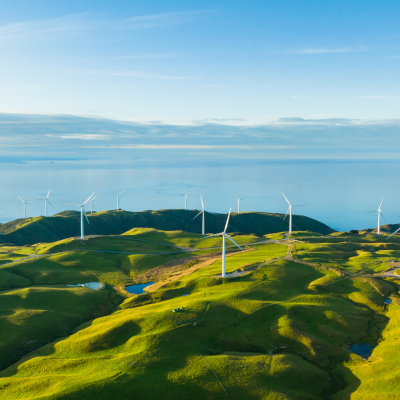As the world grapples with the challenges of climate change and energy security, the Energy Transition Index (ETI) developed by the World Economic Forum (WEF) has emerged as a crucial tool for assessing progress and readiness in transitioning to a sustainable energy future among countries. The ETI evaluates and ranks nations based on their performance in adopting clean and renewable energy sources, improving energy efficiency, and reducing greenhouse gas emissions. It provides insights into a nation’s energy system, its resilience, and its ability to tackle the challenges of climate change and achieve the goals outlined in the Paris Agreement.
According to the “Fostering Effective Energy Transition 2023” report by the WEF, despite significant advancements in clean and sustainable energy, new obstacles have emerged concerning the transition’s fairness, affordable energy access, and long-term economic growth, as nations increasingly prioritize energy security. The report utilizes the ETI to analyze the nation’s “transition momentum” for the first time, highlighting the critical importance of continuous progress towards an efficient transition.
Over the past ten years, 95% of nations have improved in their overall ETI scores, with the most significant progress observed in energy-intensive countries like China, India, the Republic of Korea, and Indonesia. However, for the past three years, the ETI scores have plateaued due to various obstacles, including geopolitical and macroeconomic volatility. This rate of transition is deemed insufficient to safely and inclusively achieve the targets outlined in the Paris Agreement.
Figure 1
Energy Transition Index 2023: Top 10 Countries

Source: World Economic Forum, 2023.
Sweden, Denmark, and Norway are the top three countries with significant ETI scores. The countries have different energy system structures but they have things in common like strong political commitment, reliable regulatory frameworks, investments in R&D, increased use of renewable energy, and carbon pricing plans to encourage the development of low-carbon solutions.
The only G20 nation in the top 10 is France (ranked 7th), closely followed by Germany (ranked 11th), the US (ranked 12th), and the UK (ranked 13th). A measure of progress on the energy transition is the robust performance of the world’s top economies, aided by the quick construction of renewable energy infrastructure and rising levels of clean energy investment. For emerging and developing Asian countries, China (ranked 17th) leads the development of renewable energy investments and capacity as well as in the emergence of sectors like energy storage and electric cars with the help of established local supply chains.
The WEF report highlights that in 2023, only 18% of nations will have achieved the energy triangle – equity, security and sustainability. Furthermore, only 2% of the world’s CO2 emissions from fuel combustion and 4% of the world’s energy supply are produced by the top 10 nations. Since 2014, the average ETI score has improved by 10% globally, but growth has been sluggish over the last three years. Only 41 out of 120 countries have improved steadily over the past decade.
While some advanced economies have made remarkable progress in their energy transition journeys, emerging economies face unique challenges. Balancing economic growth with environmental sustainability is a complex task, and these countries often struggle to attract sufficient investments in clean technologies and establish robust regulatory frameworks.
The ETI created by the World Economic Forum and indexes from other independent organizations serves as a valuable tool for policymakers, investors, and businesses, aiding in identifying areas of improvement and opportunities for collaboration. Governments can utilize the index to benchmark their energy transition efforts against global leaders and develop targeted policies and incentives to accelerate progress.
For investors, the index provides insights into countries’ energy landscapes, helping them identify regions with significant potential for clean energy investments. Companies seeking to expand their renewable energy portfolio can use the index to identify markets with favorable policy environments and strong investment potential.
The data presented by the index highlights regional disparities, identifies leading countries, and emphasizes the need for concerted efforts to accelerate the global energy transition. Strategic policy interventions, innovative investments, and collaborative action can bring the world closer to achieving a low-carbon, resilient, and sustainable energy landscape.














